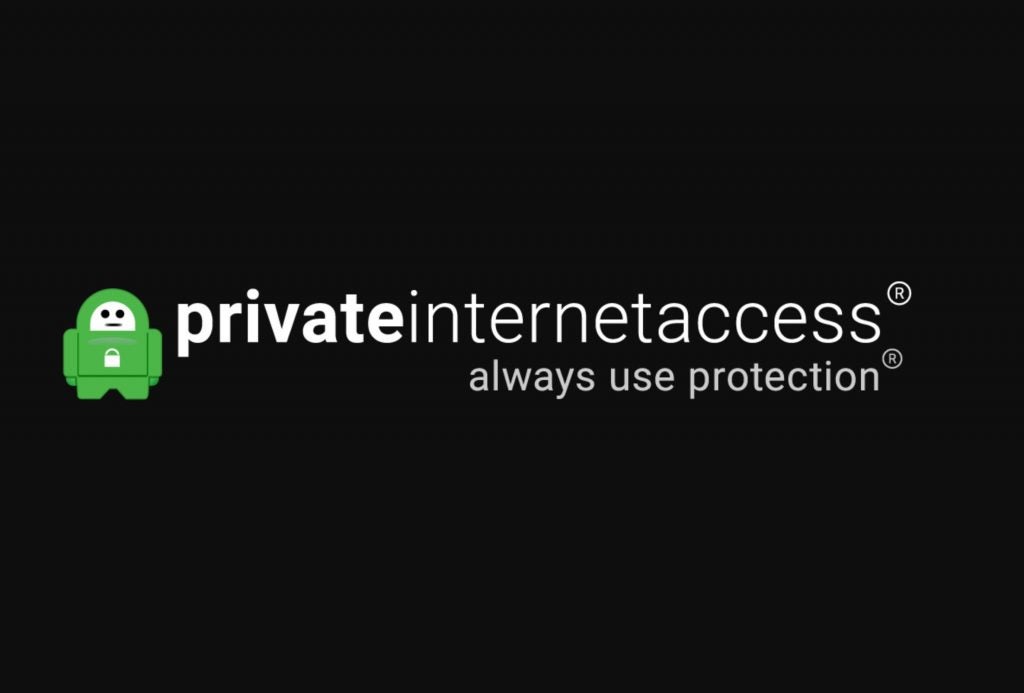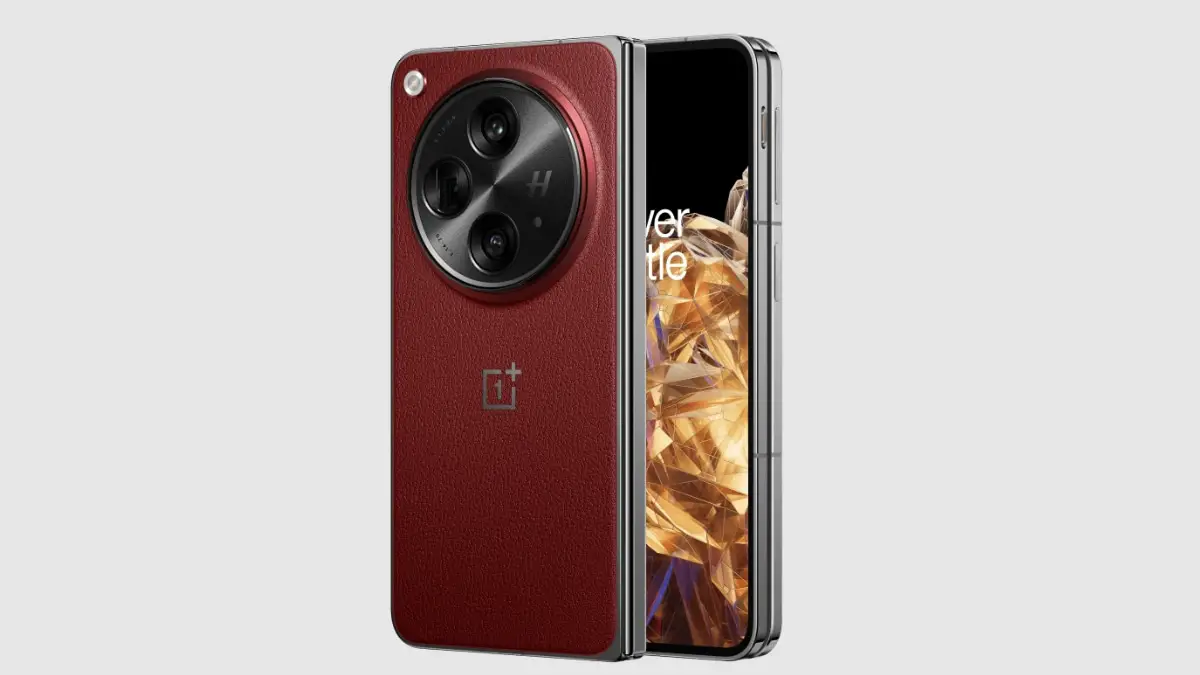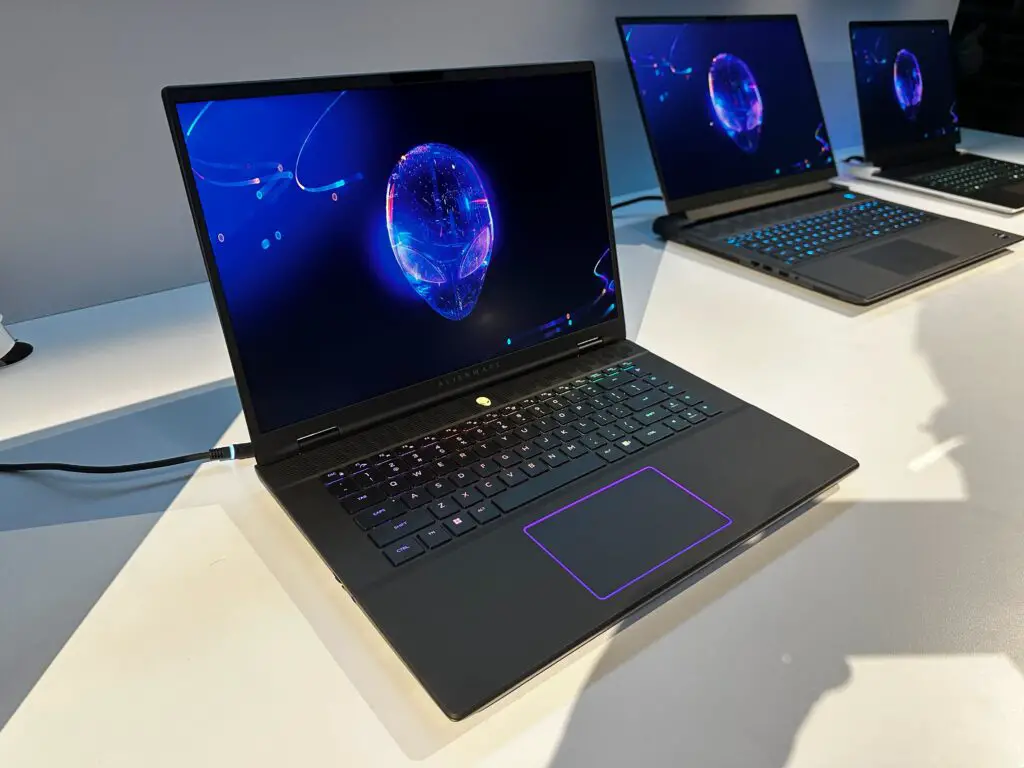Verdict
Private Internet Access is a reliable budget option with a strong security policy and plenty of features. You will have to put up with slow speeds, though.
Pros
- Fast European transfer speeds
- Wide range of privacy and security features
- Cheap
- Audited no-logging policy
Cons
- Relatively poor US speeds
- Detected by most streaming services
Private Internet Access is available from £1.69 per month – buy it now
Key Features
- Connect up to 10 devicesWhen subscribing, you can use Private Internet Access on up to 10 different devices.
- Multi-platform supportPrivate Internet Access is compatible with multiple platforms, including Windows, macOS, Linux, Android and iOS
Introduction
Part of the Kape Technologies stable of VPN services, Private Internet Access is reliably cheap, but it’s been a long time since it’s come anywhere near the top of the sample for performance in my speed tests.
While it’s arguably a sad fate for one of the first big VPN providers, it’s accessible, dependable and won’t break the bank, on top of having a solid track record for security and allowing you to connect a nominally unlimited number of devices.
Pricing and Subscriptions
Private Internet Access is currently among the cheapest privacy-oriented consumer VPN providers. Subscriptions currently cost $11.95/£9.99 per month, $39.95/£32.49 per year, and $79/£65 per three years. New two-year subscribers also receive an extra three months’ subscription for free, but these two-year subs renew as a one-year subscription at whatever the annual fee is at the time of renewal.
This fee has been consistently inexpensive for years, making PIA a good bet if you don’t want to be surprised by unexpectedly high renewal costs.
If you don’t want payment cards and accounts in your name to be associated with your subscription, you can pay using a variety of cryptocurrencies.
Privacy and Protection
- No-logging policy
- Supports less common operating systems such as Linux
PIA has a clear and explicit no-logging policy, which it’s committed to have independently audited regularly. It also publishes source code for much of its software.
Under previous ownership, PIA was involved in a well-publicised case that saw it served with an FBI warrant to hand over VPN logs – of which it had none, solidly backing its policy. That appears to still be the case, as there have been no reports of PIA handing over user logs in recent years, either.
The company doesn’t maintain a warrant canary, as it finds this approach to warning users about instances in which data has been handed over under a gag order to be ineffective, instead preferring to shut down parts of its operation, such as its Russian servers, where they would be affected by logging orders.
PIA instead publishes quarterly transparency reports, the latest of which, in May 2024, shows multiple demands for data, and that the company has handed over logs for none of them, because it doesn’t keep logs in the first place.
The firm also commissions regular security audits, the most recent in April 2024.
Features and Usability
- Simple to use, even for novices
- Features include a kill switch and ad-tracker blockers
There are graphical clients for Windows, Linux and macOS, and detailed instructions are provided for setting up connections on other operating systems and devices, including routers and other network appliances. They support the Wireguard and OpenVPN protocols.
PIA’s Windows desktop app has all the advanced configuration options you’re likely to need, but is simple enough even for novices to easily get to grips with. A single button allows you to connect to the last VPN server you used, with an arrow that takes you to a full, searchable list of endpoint locations. This displays their current latency and allows you to add favourites.
A separate Settings window lets you configure the client’s behaviour, allowing actions such as launching on system startup and connecting automatically. You can even switch between the client’s default dark theme and a lighter colour palette.
There’s a VPN kill switch that can be set to automatically cut off all internet traffic if the VPN is disconnected, the PIA MACE tool that blocks ad-trackers, custom DNS and port forwarding on endpoints that support it. There’s also an option to block LAN traffic, plus an extremely flexible range of customisable settings for your VPN connection, including your preferred encryption settings.
Private Internet Access has endpoints in 77 countries, across more than 20,000 servers. These now include geo-located servers – physically located in another country, but effectively masquerading as endpoints in geographically or politically challenging countries. These can be disabled if you want to stick with physical endpoint servers.
PIA’s shift to unlimited connections – assuming you don’t make a mockery of the policy by connecting hundreds of devices, is an extremely welcome move, putting it in an exclusive club alongside Surfshark and WIndscribe.
Performance
- Not among the fastest VPNs in recent tests
- Poor option for streaming video
Private Internet Access was the slowest performer in this year’s tests by a long mile. A connection to the UK maxed out at 57.68Mbit/s, and I got 36.4Mbit/s via the Netherlands and 23.84Mbit/s to the US.
These are usable, and these speeds are consistent, without service drop-outs, but you’ll definitely notice the slowdown if you’re on a high-speed connection – connection speeds to the Netherlands, conspicuously, were around nine times slower on our test setup than I saw without the VPN.
Streaming has never been PIA’s strong suit, and you can’t always rely on it to provide access to your favourite service when you’re connected, although it now has some streaming-optimised endpoints that you can use in a pinch.
You can always add a browser to use in your country for streaming only to PIA’s split tunnelling settings, so you don’t get locked out for being on a VPN. However, you’ll have to make sure you don’t accidentally use it to send any data you want to keep private.
| VPN Provider | UK | Netherlands | United States | Average |
| Private Internet Access | 57.68 Mbps | 36.4 Mbps | 23.84 Mbps | 39.31 Mbps |
| Reference Group Average | 240 Mbps | 316 Mbps | 47.97 Mbps | 201.32 Mbps |
| Reference (no VPN) | 219.05 Mbps | 210.43 Mbps | 144.51 Mbps | 183.81 Mbps |
Latest deals
Should you buy it?
You want an affordable and secure VPN
Private Internet Access has a well-regarded no-logging policy that’s stood up to serious challenges under previous ownership, making it a decent choice for those who want a secure VPN. It also has very competitive prices if money is a concern.
You want a speedy VPN
The Private Internet Access VPN didn’t perform very well in our speed tests, especially in the United States. There are far better options if speed is a priority.
Final Thoughts
Private Internet Access is a perfectly fine VPN, although you should check out NordVPN, ExpressVPN or Surfshark if you need fast US connection speeds. Although Private Internet Access isn’t brilliant for video streaming, it’s generally proven itself to be reliable, cheap and secure.
If security is your primary interest, then also consider Perfect Privacy, which is slower and more expensive, but very specifically focused on security and online privacy, with an unmarred track record.
How we test
We run tests from a London-based connection that typically sees speeds between 500Mbps and 700Mbps, which means that we’re able to get a good idea of what each VPN’s maximum speeds currently are.
We test multiple endpoints from each provider in three locations: the UK, the Netherlands and the U.S.
Tested speeds with three endpoints: UK, USA and the Netherlands.
Researched security and no-logging claims
Tested all available features
You might like…
FAQs
Does Private Internet Access keep logs?
No, Private Internet Access has a proven no-logging policy, although it’s possible that could change under new ownership in the future.
How fast is Private Internet Access?
The Private Internet Access VPN ranked below average in our speed tests, so this isn’t the fastest VPN available.










